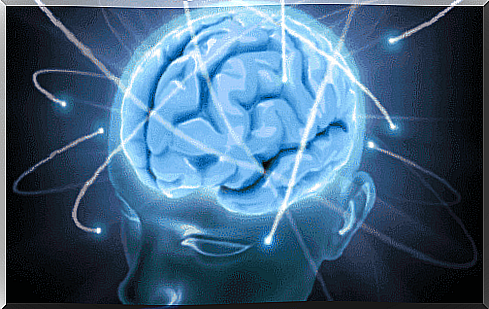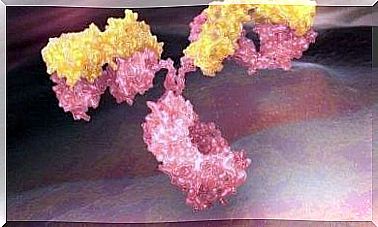7 Things You Didn’t Know About Anxiety

Difficulty breathing, palpitations, extreme nervousness, decreased intellectual performance, muscle tension… If you have suffered a panic attack, you will surely remember how it feels and what physical symptoms are associated with it. Sometimes in everyday life we encounter situations that we do not know how to deal with and emotions overwhelm. This article talks about anxiety.
Anxiety and nervousness related to, for example, public speaking or air travel do not affect life and do not occur every day. Such anxiety is associated with a transient situation and is completely natural. Anxiety becomes problematic when it becomes an everyday uninvited guest. You may feel fear and anxiety and suffer from obsessive thoughts.
Anxiety is a health risk, both physically and mentally. It is important to know how daily anxiety can be avoided and treated. Keep reading and we’ll tell you how to best prevent anxiety.
1. Avoiding emotions and difficulty identifying can lead to anxiety

Example: you are in a family reunion or other event for the whole family, and as a result of some misunderstanding and a dispute that arises from it, the distance to a particular relative worsens. You try not to think about it, but you avoid meeting that person at other events and develop negative feelings for certain family members.
The right reaction to a situation is to face that problem and the person face to face. Talk to him and try to find a solution to the situation. Don’t blame others and avoid emotional tension and anxiety. If you avoid and run away from situations, it will only deepen the problem.
2. Changes in brain chemicals

You certainly know people who are anxious about small things. Calm personalities rarely worry and anxiety and face their problems emotionally balanced. Certain types of people develop severe anxiety and negative emotions and can avoid even minor problems.
What is causing this? Why do people react differently to problems and anxiety? Dopamine and serotonin are the neurotransmitters in the brain that create anxiety processes in the brain. Some individuals have more of these substances in their brains and others less. Certain areas of the brain may also be more active in people who are easily nervous and anxious.
3. Warning signs

One may not notice when anxiety gradually creeps into daily life. This can be dangerous. Early warning signs of anxiety include:
- Headache
- Migraine
- Difficulty sleeping
- Irritability
- Fatigue
- Indigestion
- Muscle cramps, shaking hands
4. The connection of anxiety to other problems

Most anxiety patients also suffer from other problems. Anxiety is symptomatic in many different ways and is often associated with other difficulties. Keep these in mind in particular:
- Emotional problems, being betrayed or rejected, loss of a loved one… All this is difficult and can cause anxiety in sensitive individuals.
- Depression. Depression may not be easy to identify and detect, as depression and the resulting anxiety can appear in life little by little. Sometimes anxiety is the cause of anxiety.
5. The miraculous power of exercise

Anxiety can be overcome. You may be surprised by this, but many doctors and psychiatrists prescribe daily exercise for anxiety patients as part of a rehabilitation program. A brisk walk raises the heart rate and flushes out toxins from the body that can cause chemical changes. Exercise helps keep the mind calm and happy.
6. Everyone experiences periods of anxiety during life

Anxiety is a part of human life. We are all afraid of something that can haunt us and often life puts us in situations we don’t feel ready to face. This creates anxiety.
However, it is a good idea to think of anxiety as an alert mechanism or a warning sign that we should do something, face something, or make some important change. If you run away from your feelings or difficult things, the problem just swells and the anxiety increases, so face stressful situations and solve them.
7. Women suffer more from anxiety than men

According to a study conducted by a Mexican university, stress and anxiety affect women more than men, especially when it comes to 15-50 year olds. What is causing this? Women have more responsibilities than men and more things to worry about. Women often think of others before themselves and take on the burdens of their loved ones. All of this can lead to anxiety.
However, women have an important weapon in dealing with anxiety that men sometimes lack. Women manage stress and anxiety better than men because it is easier for women to talk about their feelings and open up to others. Talking makes it easier and they know how to seek support from others. Women call a friend or unravel if something bothers or harasses them. Men suffer more secretly and quietly than women, and do not face their own feelings.









